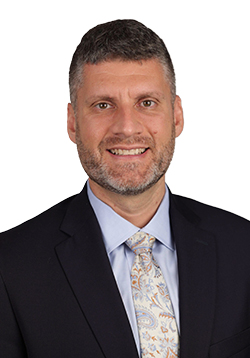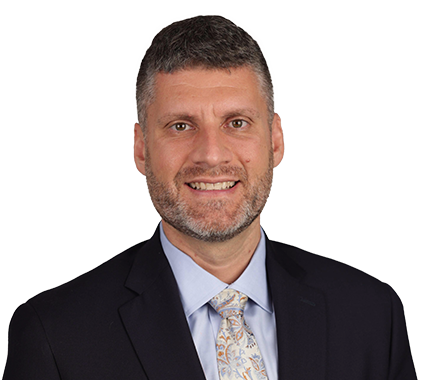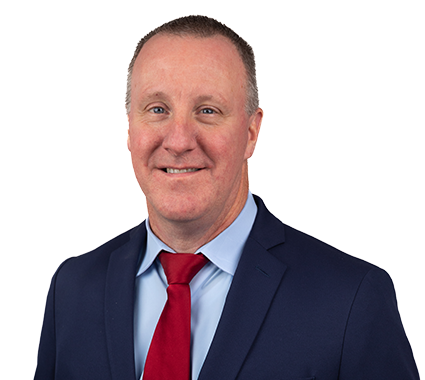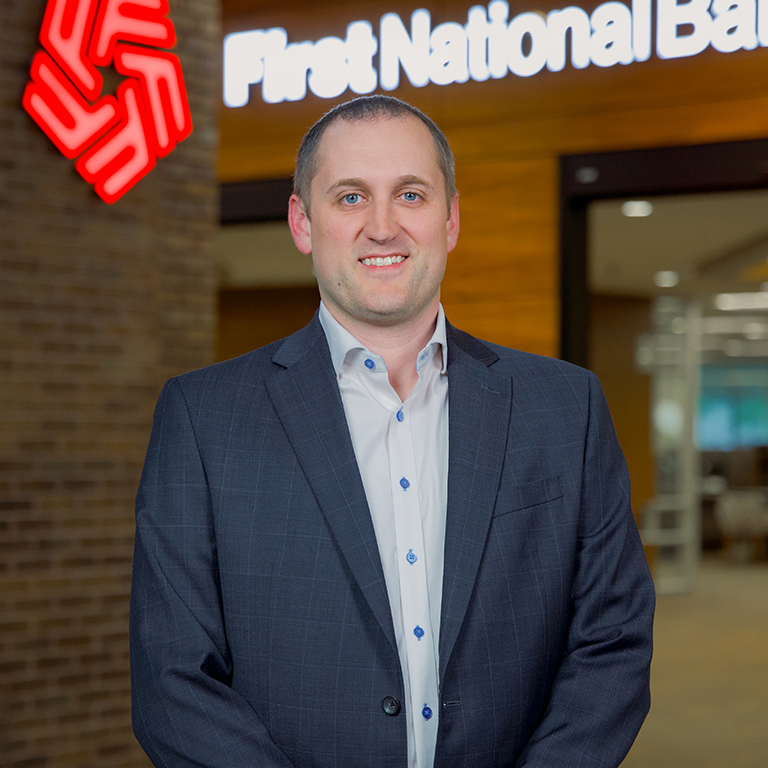
As a young professional, you probably have more questions about money than digits in your account balance.
When should I pay off debt? How much should I be saving? Can I still have fun with my money?
On the latest episode of Common Cents on the Prairie™, I sat down with financial wellness advocate Bobbi Rebell to discuss financial hacks for young professionals on these topics and more.
You can read a recap of our conversation below, watch the full episode on YouTube, or listen on your favorite podcast app!
Paying off debt
Adam: I read the other day that the average student loan debt right now is something like $38,000. And if you don’t have a plan to get rid of that as soon as possible, that can stick with you for a long time and limit some of your life choices.
So, I think it’s important to have a good strategy to get rid of that debt, and one of the things I want to talk about is the different strategies. There’s the avalanche method, and then there’s the snowball method. Bobbi, is there one that you are often recommending, and how do you approach that conversation with young professionals?
Bobbi: The math will point to paying off the highest rate first, which is the avalanche method. Psychology would point to the snowball method. So, I think people have to say, “Who am I? Which way resonates with me?” And, you know, all roads will lead to being debt free if you pick the right method for you.
I also believe in accountability to someone who maybe has a stake in your success. Tell someone who loves you, “This is what I’m working towards. Can you check in with me and make sure I don’t go off track?” It doesn’t mean you have to tell everyone in the world, but tell someone.
Investing early
Adam: One of the hot-button topics I’ve observed over the years is what to do about investing while you’re paying off debt. Some people say to stop completely until your debt is gone; some people say that you have to keep going. What do you say?
Bobbi: You may want to be paying down your debt, but you might also want to be saving up for a long-term goal, like a house — and you don’t want to burn out. If you’re locked into a very low interest rate on student loan debt, are paying it off in regular intervals, and have extra money to invest, it may make sense to be investing.
Let’s say you were locked into some kind of debt at 3% and you can get 4% on a CD. I’m not going to say don’t pay down the debt, but you should also be aware of the math and find a balance there.
If you have a mortgage, maybe it’s not better to pay that off in full. Maybe it’s better to be investing what would be the extra payments on your mortgage. Dave Ramsey would probably hate that, but it may make sense to pay the right amount on your mortgage and be investing more, because the compound interest and the magic of time can smooth out the bumps.
Adam: A lot of young people come to me and say, “How do I even start investing? This seems really complicated.” And they’re right — it can be really complicated to start investing. But it doesn’t quite have to be. As much as the world has gotten more complex from an investing standpoint, there are a lot more simple options as well.
For instance, a lot of retirement accounts now have low-cost index funds. They also have target date funds that are low cost. They cost next to nothing, and all you have to do is make two decisions: “When am I going to retire?” and “How much can I save?” And then you kind of set it and forget it.
Buying insurance
Adam: We know bad things are going to happen; we just never know when they’re going to happen. So, Bobbi, how have you planned for these unfortunate contingencies as part of your financial life?
Bobbi: We are big consumers of life insurance, and I think it’s important to reexamine your insurance whenever you have a life change.
Adam: The thing I like about term life insurance, especially when you’re young, is that — assuming you’re healthy — it’s typically dirt cheap. I made a mistake when I was young and just getting started; I did 10 to 12 times my salary, but then I left a job, and that insurance went away.
When you’re young and it is so cheap, maybe think forward a little bit. Yes, 10 to 12 times my salary today, but maybe when I’m 30 or 35, what do I think I’ll be making then? And if it’s not that much more money, I’d say go ahead and buy cheap insurance.
Bobbi: No one ever regretted having too much insurance, I don’t think. Work will often give you insurance for free, or for a very nominal amount, so it’s important to know that you can say yes to that and then also buy your own insurance separately. That will be portable, because what you don’t want to do is pay for insurance that doesn’t come with you if you leave that job.
Saving big
Adam: The other contingency we should talk about is a rainy day fund. When you’re younger, maybe the bumps in the road aren’t as expensive as when you’re further along — but it’s good practice for anyone to have money set aside.
And this is not money that’s in an investment account. This is not money that you get cute with. It’s money that’s in a bank account or a money market account, and it’s not necessarily doing much. But it’s there to protect you for when life happens.
A lot of people say three to six months’ worth of expenses is a good range. Is that typical advice that you’ve given, Bobbi?
Bobbi: It’s important to figure out what’s right for you. You also really want to make sure you have access to that money. So, you might want to have one to two months’ worth in a savings account, and then maybe the two to four months’ worth is in a money market, and the four to six months’ worth might be in CDs or something.
Another thing you can do is think through, “What’s my plan B? Can I get a roommate? Can I break my lease?” Think about what to do if X, Y, or Z happens, and really go through a drill. Play it out, and talk to your friends.
Say, “We all have our own apartments, but if I get laid off and can’t pay my rent, I’m crashing on your couch for a month.” It sounds ridiculous, but they might feel relieved if you can be their backup plan too. And you know what it’s also going to do, Adam, is motivate you to save the money so you don’t have to go crash on your friend’s couch.
Having fun with your money
Adam: All this future planning can be a bit exhausting, and there’s more to life. Part of being a young professional is that you have to carve out time and resources to have fun and live your life.
Bobbi: Make sure you’re doing stuff that is engaging, delightful, and that you enjoy. It doesn’t mean you can’t be aware of the cost — but do them. I remember one of our best ski vacations was at a time when we were so tight with money.
We had nothing, but we somehow scrounged up airline points, stayed way off the mountain skiing, had back-of-the-plane seats, and took whatever public transportation, and we had a great time. You do want to just live your own life and not be looking and feeling like you’re behind other people.
If you have questions or want more information on anything Bobbi and I discussed, send me a note here. And, check out the episode “Your Money Questions Answered” for expert answers to your biggest money questions:






